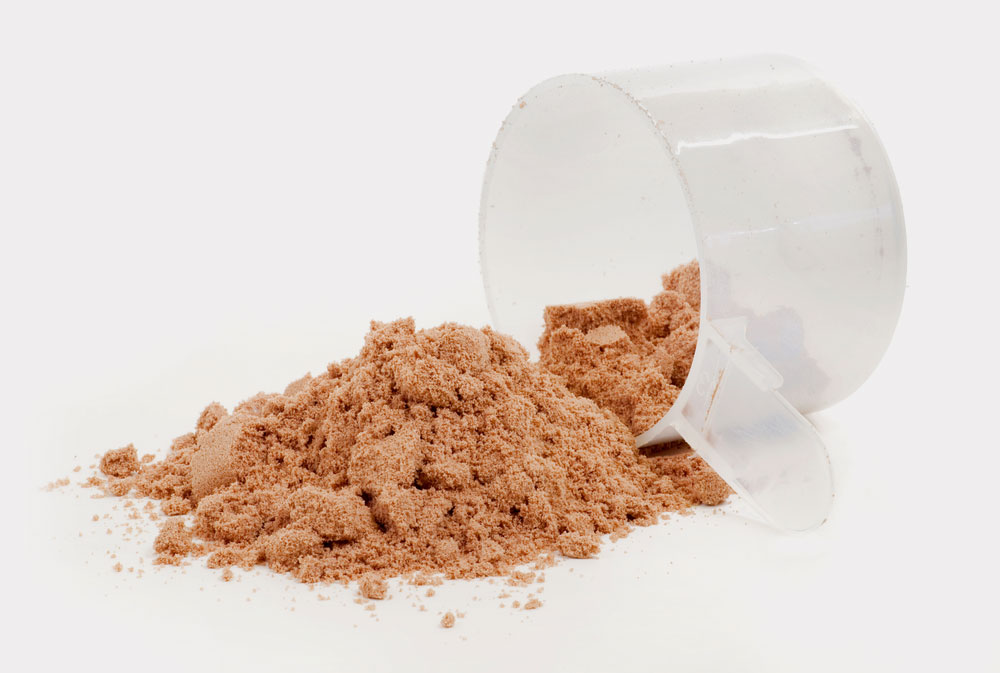To Avoid Running Injuries, Don’t Shake Up Your Routine Too Much
To Avoid Running Injuries, Don’t Shake Up Your Routine Too Much
Runners who made eight or more changes to their running routines were at high risk of injury, especially if they were feeling stressed.

According to a new study of how runners hurt themselves during last year’s Covid-related lockdowns, to avoid injuries, runners should try not to change their running routines too much or too quickly.And as we emerge from pandemic restrictions, sticking with your regular exercise habits may be especially important if you are still feeling lonely, anxious or otherwise discombobulated. Stress, isolation and other common psychological reactions to the pandemic compounded the risks of injury, the study showed, suggesting that our mental states and emotions, and not just our training, may affect whether we wind up sidelined.Most runners are regrettably familiar with the aches, strains and orthopedic consults that accompany frequent running. More so than in many other recreational sports, including cycling and swimming, runners get hurt. By some estimates, up to two-thirds of runners annually sustain an injury serious enough to lame them for a week or longer.
Why runners are so fragile remains uncertain. Some studies point to sudden and substantial increases in mileage. Others find little or no correlation between mileage and injury and instead implicate intensity; ramp up your interval sessions, this science suggests, and you get hurt. Or, as other research indicates, concrete paths could be to blame, or thick-soled running shoes, or minimalist models, or possibly treadmills, group runs, oddball running form or simple bad luck.
But a group of exercise scientists at Auburn University in Alabama and other institutions felt skeptical of the focus of much past research, which often aimed to isolate a single, likely cause for running-related damage. As runners themselves, the researchers suspected that most injuries involve a complex network of triggers, some obvious, others subtle, with elusive interactions between them. They also recognized that until we better understand why running injuries happen, we cannot hope to forestall them.Then came the pandemic, which abruptly and profoundly changed so much about our lives, including, for many of us, how we run. In the face of lockdowns, anxiety and remote work and schooling, we began running more or less than before. Or harder or more gently, perhaps without our usual partners, and on unfamiliar ground.Sensing that such a wide-ranging array of hasty and intermingled shifts in people’s running patterns might provide a natural experiment in how we hurt ourselves, the researchers decided to ask runners what had happened to them during lockdown.So, for the new study, which was published in June in the journal Frontiers in Sports and Active Living, they set up a series of extensive online questionnaires delving into people’s lifestyles, occupations, moods, running habits and running injuries, before and during local pandemic-related lockdowns. They then invited adults with any running experience to respond, whether they were recreational joggers or competitive racers.
More than 1,000 men and women replied, and their responses were illuminating to the researchers. About 10 percent of the 1,035 runners reported having injured themselves during lockdown, with a few individual risk factors popping out from the data. Runners who increased the frequency of their intense workouts tended to hurt themselves, for example, as did those who moved to trails from other surfaces, presumably because they were unfamiliar with or tentative on the trails’ uneven terrain.
Runners who reported less time to exercise during the lockdown also faced heightened risks for injury, perhaps because they traded long, gentle workouts for briefer, harsher ones, or because their lives, in general, felt stressful and worrisome, affecting their health and running.But by far the greatest contributor to injury risk was modifying an established running schedule in multiple, simultaneous ways, whether that meant increasing — or reducing — weekly mileage or intensity, moving to or from a treadmill, or joining or leaving a running group. The study found that runners who made eight or more alterations to their normal workouts, no matter how big or small those changes, greatly increased their likelihood of injury.And interestingly, people’s moods during the pandemic influenced how much they switched up their running. Runners who reported feeling lonely, sad, anxious or generally unhappy during the lockdown tended to rejigger their routines and increase their risk for injury, notably more than those who reported feeling relatively calm.Taken as a whole, the data suggests that “we should look at social components and other aspects of people’s lives” when considering why runners — and probably people who engage in other sports as well — get hurt, says Jaimie Roper, a professor of kinesiology at Auburn University and the new study’s senior author. Moods and mental health likely play a greater role in injury risk than most of us might expect, she said.This study relies, though, on the memories and honesty of a self-selected group of runners, who were willing to sit in front of a computer answering intrusive questions. They may not be representative of many of us. The study was also observational, meaning it tells us that runners who changed their workouts also happened often to be runners with injuries, but not that the changes necessarily directly caused those injuries.
Perhaps most important, the results do not insinuate that we should always try to avoid tweaking our running routines. Rather, “be intentional in what you change,” Dr. Roper says. “Focus on one thing at a time,” and thread in changes gradually. Up mileage, for instance, by only 10 or 20 percent a week and add a single, new interval session, not three. And if you are feeling particularly stressed, perhaps hold steady on your exercise for now, sticking with whatever familiar workouts feel tolerable and fun.





